Technology has made the task of researching much easier for K12 students nowadays. Back in the day, we have to visit the library, collect newspaper clippings, and create a logbook of our findings, before we could complete our homework. Until Google & Wikipedia arrived, with a click on the mouse, we transitioned to using the wonderful internet tools for research purposes to learn and complete assignments – it certainly accelerates the process of learning.
Fast forward to today, we have various chatbots that help us out with quick answers (AVA in AirAsia, Xiaoice by Microsoft, Siri in Apple), feeding our needs for instant gratification, not just covering research, but also simple enquiries personalised. The recent birth of ChatGPT has stirred up heated conversations, not just among the engineers and tech developers, but also among ourselves the educators. It has led us to question the role of an educator, as well as the meaning behind a child’s education.
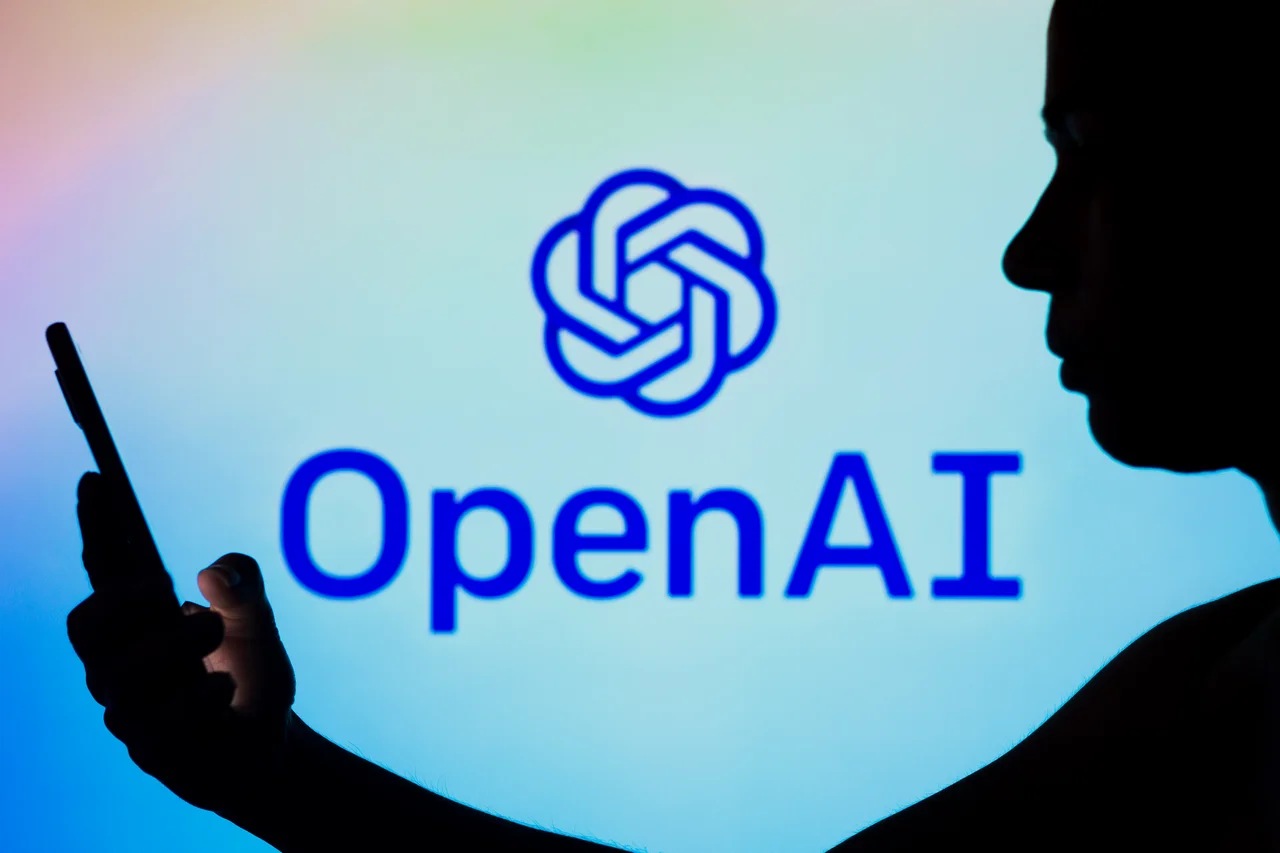
A Bit About ChatGPT For Educators
ChatGPT is a new AI chatbot in town, developed by OpenAI, which is an artificial intelligence research company, founded as a non-profit, backed by Elon Musk, Sam Altma, and Microsoft. You can ask countless questions to it, and it will respond with substantial answers (not just human-like responses, but also solutions). On top of chatting, it can write essays, create song lyrics, as well as crafting computer programs for you. What else it can do? Try it out yourself here (https://chat.openai.com/)
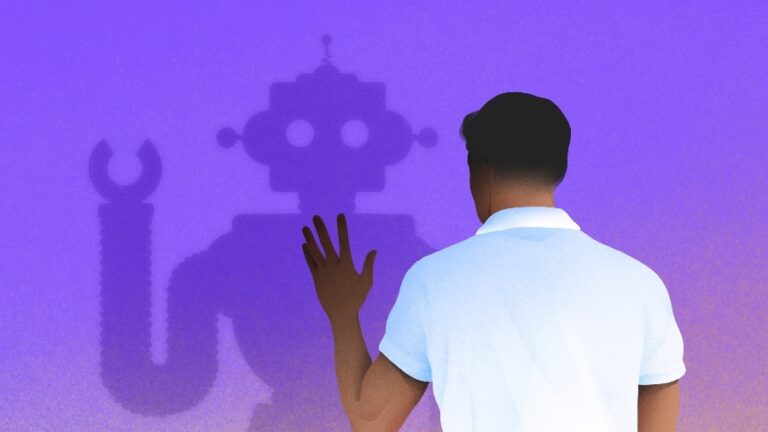
What Do I Worry Students Will Use ChatGPT For?
Upon release, I tested ChatGPT. It is able to converse like a real person. But what really surprises me are the 3 instances I encountered:
Instance 1: The mother of a student contacted me recently to ask me this.

The student is currently at the age for tertiary education, I suspect this is for a university application. I don’t normally entertain this type of question asking for an answer, but knowing the power of ChatGPT, I tried to input this question to see what ChatGPT is able to spin out.
Here is what ChatGPT shared.
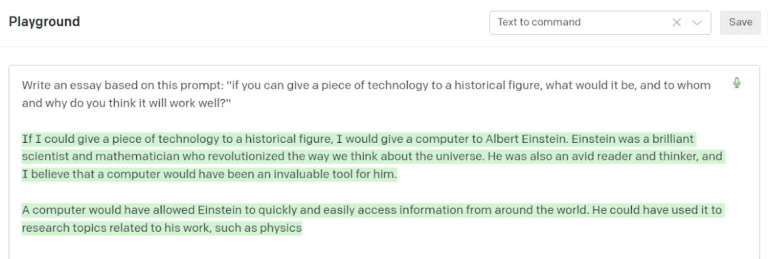
I was amused by the answer. And I thought, if I were the applicant, I could use this as an answer. I would just plug and play (okay maybe I would modify a bit more to showcase my character first)!
But what if everyone else does the same? Will the results be the same? Will there be a sea of personal statements of the same content? Apparently not! I tried the same question a few days later. Here is what I got.

Bazinga! The answers are different!
Notice how ChatGPT’s answer has a few layers in it. There is a topic sentence and some supporting statements. There is also a wrap-up to conclude the paragraph! Isn’t this how our English teacher taught us to write? ChatGPT writes so naturally, even a native English speaker will not be able to tell it apart!
Instance 2: A friend from Sibu shared that his friend, who runs a famous learning centre that focuses on Math & English programs (no prize for guessing which one), witnessed a primary school student use ChatGPT to complete his essay homework. The work is so perfect that it raised eyebrows from the teacher. He found a stark difference in the quality of student’s work before and after. That triggered the questioning and eventually found out how he did it using ChatGPT.
Instance 3: An ex-intern from a university in Cyberjaya shared all his Year 1 Python assignments with ChatGPT. All the Python codes generated by ChatGPT aced the test for the assignments prepared by the lecturer.
From these 3 incidents encountered, we can conclude that:
- this AI chatbot is very powerful, and
- assessing the true understanding of learning will be getting tougher not just at the university level, but also at primary & secondary schools.
This is worrying but exciting at the same time.
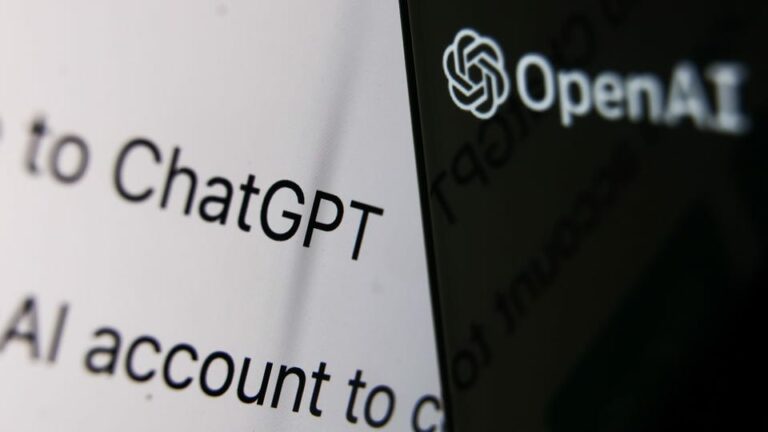
So, What Does That Mean For Educators Like You And Me?
I imagine ChatGPT could easily ace the English, Geography, Science, and Maths assignments and exams. True enough, upon researching, ChatGPT has scored 1020 in SAT (SAT is scored out of 1600, and the average score is 1000), and 95% on a college-level microbiology quiz. Such bizarre achievement places ChatGPT above our average students.
(1) Detecting fraud and plagiarism will be much harder for educators.
Even with paraphrasing from Wikipedia & other sources on the internet, teachers find it hard to detect true work by students. Ultimately, when assessing homework and assignments, all teachers ask: does that really translate into the true grasp of knowledge and skills by the students?
Luckily, there are ChatGPT detectors (updated: GPTZero, AI Content Detector) available for use. This lecturer caught his student plagiarising her assignment by using the detector. Even so, he questions if 99.9% Fake or Real from the detector can be determined as definitive. Also, how many educators will know how to use it? And how many educators will know how to use it justly?
(2) Educators will need to be more creative when it comes to creating assignments.
ChatGPT currently has 2 limitations:
- ChatGPT has no access to the Internet. Meaning, it was not trained on internet data. It does not search the internet for “answers”.
- The most recent training data to train ChatGPT is only up until September 2021. It has no knowledge of whatever happens beyond Sep 2021.
That means when creating assignments, English teachers can no longer give out typical essay questions e.g. “Pollution”, “Anti-Smoking Campaign Speech”, or “If I Were A Bicycle”.
Try something contextualised to recent and local events (notice I used and, not or), such as “Solving Climate Crisis Coming Out from COP 27”, “Speech to Prepare for the Upcoming Flood in Kampong Mahameru”, “If I were the 10th Prime Minister of Malaysia”, or “If I were an iPhone 14”. Remember this is not only applicable to Language teachers, think about Sejarah, Geography, Science and Maths subjects too!
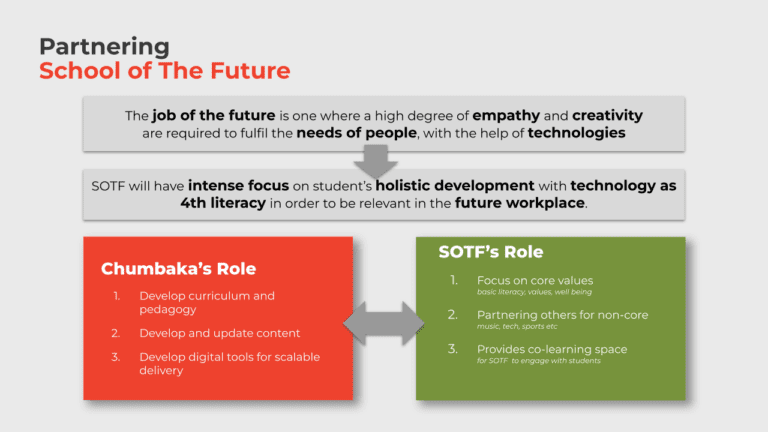
Is This All Doom And Gloom For Educators? On The Contrary, I Am Even More Hopeful.
We all know that what we learned in school may not apply to our jobs today. Even more so, jobs of the future will not require our current generations of students to be the “know-it-all”. And that “know-it-all” includes coding & programming skills.
With ChatGPT, education may never be the same. All the more reason, we shall shift the attention to growing life skills (empathy, courage, creativity, critical thinking, collaboration, and communication) among the children. All the more reason, we shall expose students to working with smart machines, as early as possible, to use them effectively to solve the next real-world problems. All the more reason, we shall move educators’ role away from the “sage on the stage” to “facilitator for growth & learning”. This then allows educators to give students the space and time for exploration, character building, development of socio-emotional skills, and instilling motivation. All the more reason, we shall shift the role of exams into a more holistic assessment of a person’s overall growth (e.g. our Chumbaka’s assessment methods, such as project-based assessment, showcase on Open Day, and Viva before Yodas). This then redefines the purpose of the school serving as a “co-learning” space for growth to happen, talent to be discovered, and values to be embedded among the young people.
My message to all educators is this: Industry 4.0 is already here. Technologies (including AI, IoT, 5G, and even games) are silently “invading” the world of education. In the short run, with the best knowledge every school has, school administrators will patch things up by developing standards, restrictions, rules, and regulations to deal with this.
But we know we cannot run away from technology. So, we as educators will need to think long and hard again:
- What is the purpose of education?
- What should the role of educators be?
- What is the best assessment tool for true mastery of knowledge and skills?
Bonus: I Asked ChatGPT What It Thinks If Children Discover ChatGPT And Use It To Complete Their Homework.
To no surprise, ChatGPT warns against that idea.
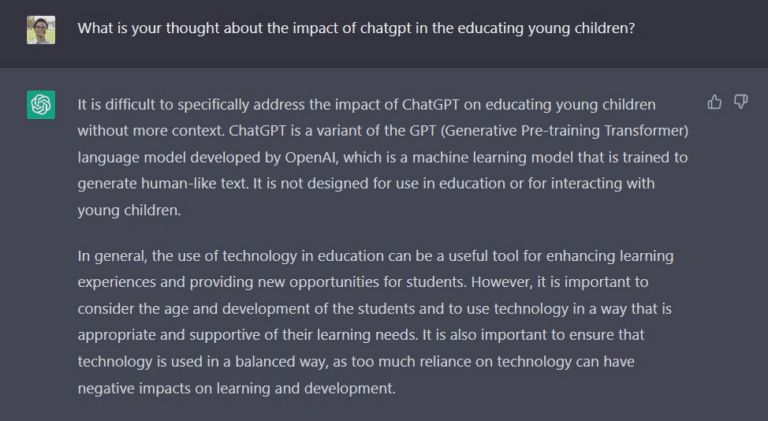
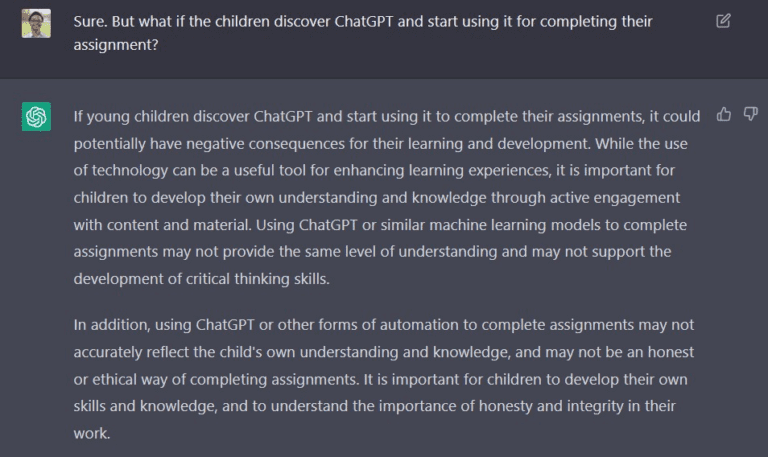
Disclaimer
This piece was written by Chong Zhi Xiong whose view is based on his years in education and his interest in technology. He co-founded Chumbaka, together with Nigel Sim and Choo Wai Heng, after his 2-year stint in Teach For Malaysia.
Next in Blog: we hope to share with you our student’s perspectives on ChatGPT, as well as teachers in the school, principals, and the board of directors from the school.
Other Related Blog(s):
